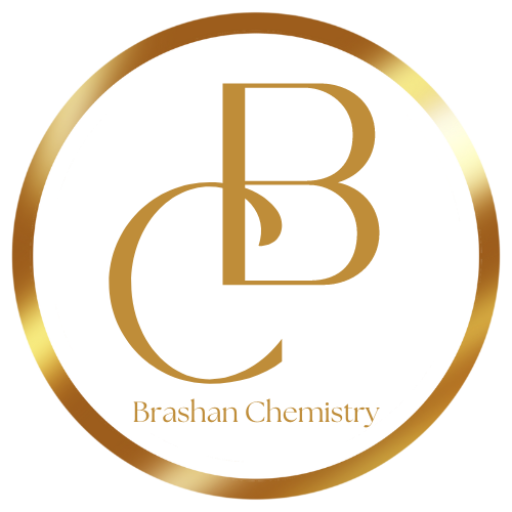### Applications of Grignard Reactions in Organic Synthesis
Grignard reagents, named after the renowned chemist François Auguste Victor Grignard, are essential compounds in organic synthesis. These organometallic compounds, with the general formula RMgX, where R is an organic group and X is a halogen atom, play a pivotal role in the construction of complex organic molecules.
#### Formation of Grignard Reagents
Grignard reagents are typically formed by the reaction of an alkyl or aryl halide with magnesium metal in anhydrous ether or THF (tetrahydrofuran) solvent. The reaction is highly exothermic and requires careful control of temperature to prevent uncontrollable fires. Once formed, Grignard reagents are extremely reactive and must be handled under an inert atmosphere to avoid reactions with moisture and air.
#### Versatility in Organic Synthesis
Grignard reagents are incredibly versatile and can be used in a wide range of organic transformations, making them indispensable in the synthesis of complex organic molecules. Some of the key applications of Grignard reactions include:
#### 1. Nucleophilic Addition Reactions
Grignard reagents are powerful nucleophiles and readily undergo addition reactions with a variety of electrophiles. This allows for the formation of new carbon-carbon bonds, making them valuable in the synthesis of alcohols, alkanes, and other organic compounds.
#### 2. Formation of Alcohols
One of the most common applications of Grignard reagents is in the formation of alcohols through the addition of the Grignard reagent to a carbonyl compound, such as an aldehyde or ketone. This process, known as Grignard reaction with carbonyl compounds, enables the synthesis of a wide range of alcohols, including primary, secondary, and tertiary alcohols.
#### 3. Synthesis of Hydrocarbons
Grignard reagents can also be used to synthesize hydrocarbons through reactions with alkyl or aryl halides. This allows for the extension of carbon chains and the formation of more complex organic molecules.
#### 4. Preparation of Carboxylic Acids
Another important application of Grignard reagents is in the preparation of carboxylic acids through reactions with carbon dioxide. This process, known as the Grignard reaction with carbon dioxide, provides a valuable method for the synthesis of carboxylic acids, which are essential building blocks in organic chemistry.
#### Conclusion
In conclusion, Grignard reagents are invaluable tools in organic synthesis, enabling the construction of a wide variety of complex organic molecules. Their versatility in nucleophilic addition reactions, formation of alcohols, synthesis of hydrocarbons, and preparation of carboxylic acids makes them indispensable in the toolkit of synthetic organic chemists.
For expert guidance and support in understanding organic chemistry and mastering Grignard reactions, consider enrolling in a tutoring program with Brashan Chemistry, your trusted online chemistry tutor.
For more information, visit [Brashan Chemistry](https://brashanchemistry.com) and take the first step towards mastering organic chemistry.
To book a tutoring program, contact [Info@brashanchemistry.com] for personalized assistance and support.”What are your thoughts on this?”
